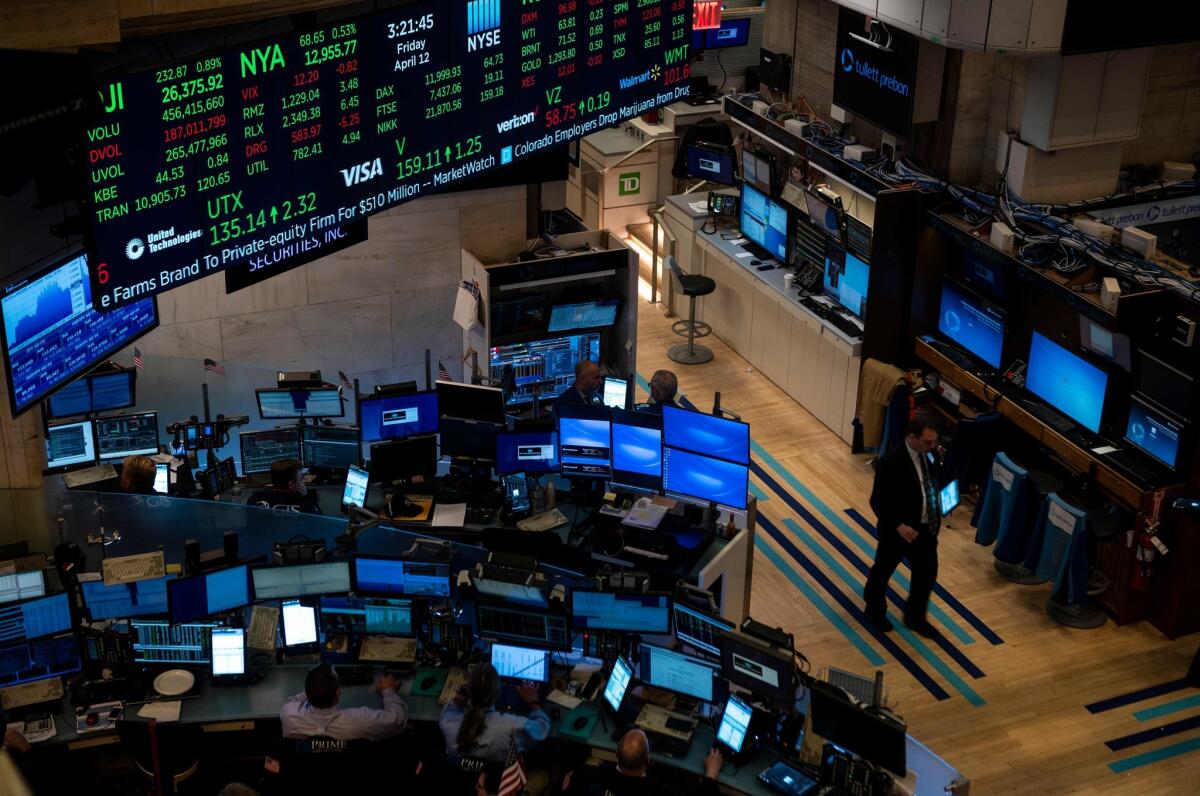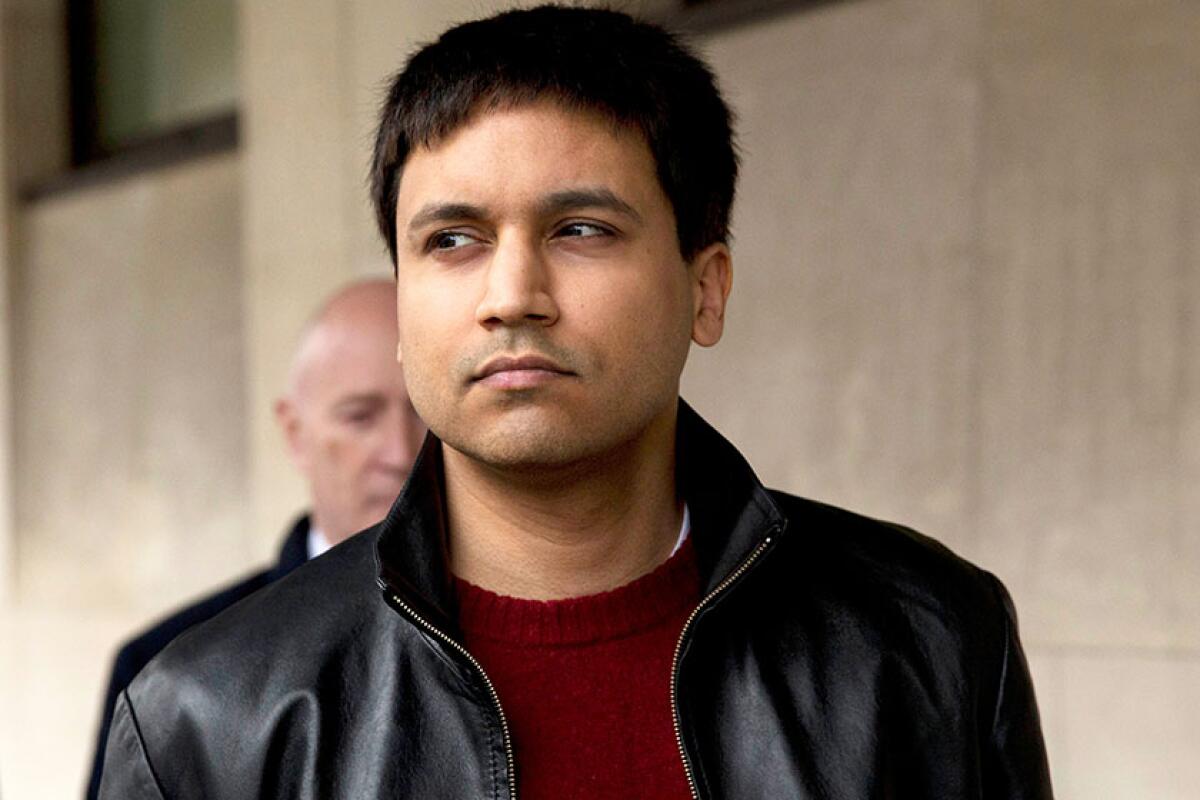Trader blamed for 2010 ‘flash crash’ gets no jail for spoofing

The British man whose bogus trades may have contributed to a $1-trillion sell-off in global stock markets during the 2010 “flash crash” will avoid prison because he provided “extraordinary cooperation” to the government in identifying other market cheats.
Navinder Singh Sarao, 41, must serve a year of home detention in London, U.S. District Judge Virginia Kendall said Tuesday in Chicago. The sentence is a remarkable outcome for Sarao, who was initially charged with 22 criminal counts carrying a combined maximum sentence of 380 years.
But even the U.S. Department of Justice asked the judge to spare Sarao from serving more time behind bars, after he spent four months in a London jail following his arrest in April 2015. The government cited Sarao’s Asperger’s syndrome diagnosis and the fact that he admitted to his crimes as soon as he was caught.
“I was totally addicted to trading,” Sarao told the judge as he read softly from a piece of paper. “I made more money than I could ever have imagined.” With that wealth came “pressure to live a different life,” he said. “I learned first hand money doesn’t buy happiness.”
In a 41-page court filing earlier this month, Sarao’s attorney described him as a guileless mathematical savant who plays markets like a computer game in his bedroom, collects stuffed animals and prefers the company of children to adults.
Sarao apologized “to all those affected by my spoofing” and to his family because his actions had “hurt our good name.” He pledged to continue cooperating with authorities investigating illegal spoofing trades “for as long as they want.”
While the judge acknowledged the unusual nature of the government’s request in such a case, she said the severity of the crime required some kind of punishment in the form of house arrest.
“Your actions contributed to abusing the integrity of the market, something that’s essential to maintaining a healthy economy,” Kendall told Sarao.
The judge said she agreed to a lesser punishment because Sarao had “accepted responsibility,” agreed to forfeit almost $13 million, and immediately after his arrest “began cooperating with government agents, helping them with other cases and understanding this complicated crime.”
At Tuesday’s hearing, a probation officer told Kendall that her order of home detention in the U.K. may not be enforceable by U.S. authorities. Details of Sarao’s supervision weren’t immediately available, though the judge said it would involve random calls from probation officers.

Sarao was among the world’s biggest traders of futures contracts tracking the S&P 500 Index — regularly placing orders worth tens of millions of dollars — while using a computer in the bedroom of his parents’ house, where he’d lived since childhood.
But he also used an illegal market-influencing technique known as spoofing, in which he placed huge orders and then canceled them before they could be executed. His massive bogus trades helped start the flash crash on May 6, 2010, which erased $1 trillion in market value in minutes, authorities said.
The case had originally appeared to involve a criminal mastermind who was manipulating the market for financial gain, Kendall said. Instead, Sarao “lives with his parents in a bedroom that looks like it has not been changed since he was 13 years old, with stuffed animals,” the judge said.
Sarao pleaded guilty to wire fraud and spoofing in 2016 and helped prosecutors build cases against other alleged market cheats, according to the government.
“The defendant’s keen insights and explanations regarding both general and specific patterns of deceptive and manipulative trading have illuminated the government’s understanding of similar spoofing,” the Department of Justice wrote in its sentencing memo. “As a result, he has substantially assisted and informed the government’s nationwide efforts to detect, investigate, and prosecute these crimes.”
More to Read
Inside the business of entertainment
The Wide Shot brings you news, analysis and insights on everything from streaming wars to production — and what it all means for the future.
You may occasionally receive promotional content from the Los Angeles Times.










